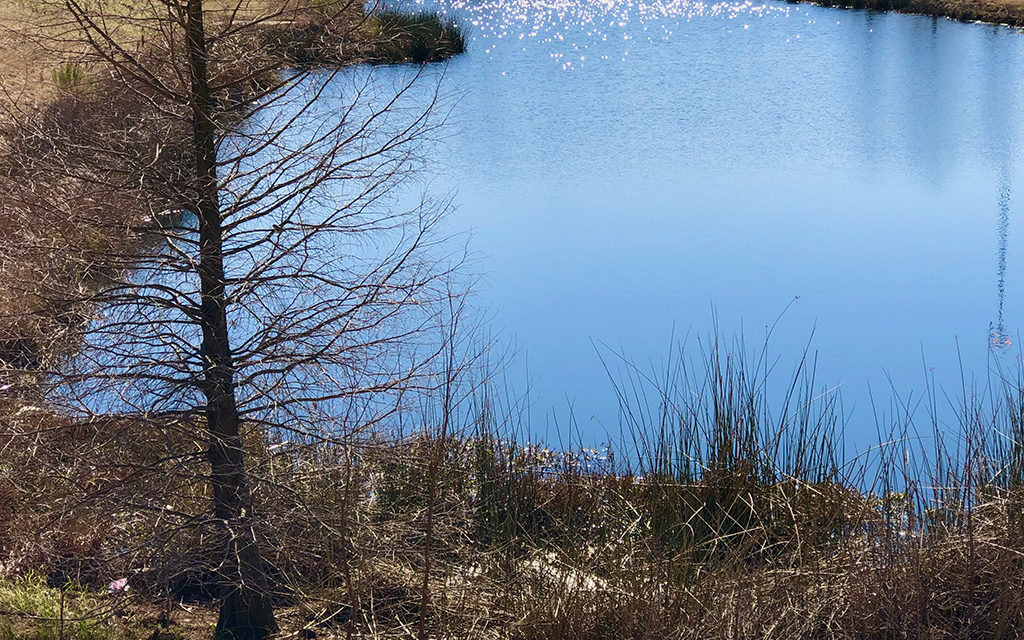by John Jefferson
Texas has almost always had some of the best waterfowl hunting in America. Sure, there have been years when production in Canada or the northern states’ prairie potholes was a little off or warm weather in those areas kept the birds there.
Having grown up in the rice belt near the southeast Texas coastline, most everybody had a shotgun and quite a few had retriever dogs. They took waterfowl season seriously. The last I heard; they still do.
Deer season wasn’t as important then. There were few deer, if any, until Texas Parks and Wildlife Department (TPWD) began extensive restocking. People had shot and eaten every bit of protein on the hoof they saw during the Great Depression. Then the infamous screw worm took care of most of the rest. What few deer there were didn’t last very long.
Duck season reined as the shooting sport of choice among hunters. Hunting clubs and duck leases were on everybody’s minds when they heard that first flight of geese overhead in the fall. Squirrel season even took second place. I remember seeing a neighbor standing just off the pavement on Lucas Drive firing a .22 rifle at a low-flying flock of honkers. (Don’t try that! It’s illegal.)
Among some, waterfowl hunting still takes precedence – especially considering the cost of deer leases. I invited a new family member to join our deer lease once, and he politely told me in his alphabet, the letter D stood for DUCKS — not deer. He joined the lease but hunted our ponds more for ducks than he spent in deer blinds.
An October TPWD press release this year spoke of possibly a good duck season for 2021-2022. The waterfowl biologist quoted, however, pointed to low production in the prairies. But he reported good flights already arriving in the flooded rice fields and marshes. Most indicators looked fairly good.
That was then. Winter in the north came late and birds seemed content staying there. Texas had a couple of light freezes, but warm, dry weather followed. Duck hunters I rely on for information told of miserable hunts with very few birds. One who is as dedicated as any I know and has a duck lease nearby; said he has killed ONE duck so far. Another verified the lack of birds.
A duck hunter and 40-year veteran guide along the coast echoed what the hunters said. He returned my call from Kansas where he had gone to find birds. There were plenty there.
He offered several explanations, the first being not enough cold weather to push birds south. He also pointed to habitat changes in the rice belt. When water was withheld, some farmers quit farming rice. “We don’t have the food we used to have for them,” he told me.
Human populations also increased in traditional areas. He suspected ducks changed directions toward the east. Another guide also told me that last year.
Duck season ends January 30. Let’s hope last week’s cold front brought more birds.
JJ





